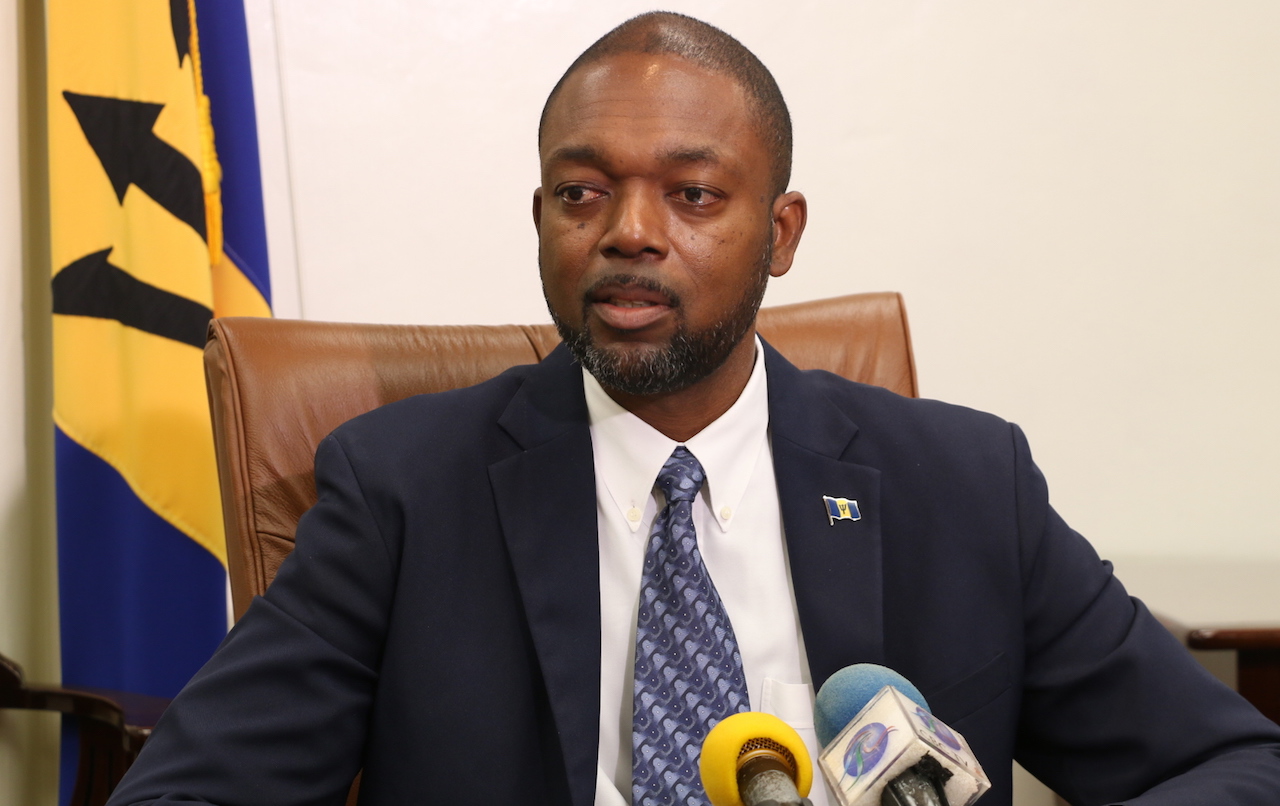Minister of Labour and Social Partnership Relations Colin Jordan says lawmakers are one step closer to introducing legislation that would ensure greater transparency in how non-governmental organisations (NGOs) operate in Barbados.
And he is giving the assurance that the organisations would be included in the discussions and decision-making process before any law was enacted.
The Financial Action Task Force (FATF) has raised concerns in the past about the need for better procedures relating to the divulging of information about charities and their trustees for investigative purposes and for charities to be better policed.
Subsequent to those concerns being raised, the Caribbean Policy Development Centre (CPDC) submitted a white paper document to Government – A Call for NGO Legislation in Barbados – to help guide the process of developing a framework for the transparent operation of NGOs.
Speaking during the opening of the virtual workshop on Wednesday, Jordan said his ministry was committed to helping all civil society groups build capacity and address any deficiencies they had.
“The need to have a thriving, engaged, connected and effective third sector is recognised and acknowledged. Opportunities will be made available to facilitate your participation,” Jordan told the NGO capacity-building workshop.
In response to the calls from regulators for charities to be able to provide more information on their trustees, Government amended the Companies (Amendment) Act and the Charities (Amendment) Act back in April last year.
However, pointing out that Government was seriously looking at the NGO legislation, Jordan said his ministry was working in collaboration with the CPDC and the UNDP to further discuss the matter.
“It impacts you negatively and therefore it becomes a matter that we have to pay some attention to,” said Jordan.
“Some of you would be aware that the CPDC, we have been involved with them in the development of a white paper that calls for NGO legislation in Barbados. That very comprehensive paper, which was submitted to my office in April of 2019, also highlighted a number of issues impacting the NGO community including a lack of a formal structure to regulate the operation of those organisations,” he reported.
The minister said after careful examination of similar legislation in other jurisdictions to determine “a best fit” for Barbados, a draft Cabinet Paper was prepared and should be submitted to Cabinet for approval after comments are received from the relevant ministries.
“We have some comments back but there are still one or two to be received. That Cabinet Paper details a regulatory framework that will result in the enactment of legislation including the establishment of an NGO Commission. All of this is aimed at enhancing and facilitating the work of the third sector,” he explained.
He assured civil society members that as progress was being made, they would be consulted and would be able to provide feedback before legislation was finalized.
During the two-day capacity-building workshop participants received training in proposal writing and good governance.
UN Resident Coordinator for Barbados and the Eastern Caribbean Didier Trebucq acknowledged that civil society organisations had a major role to play in helping countries to achieve their 2030 sustainable development goals.
“Even more now, as we all navigate the COVID-19 pandemic, it is necessary to foster the whole society approach,” he said.
Lauding Barbados for the establishment of a social justice committee, which was set up early 2019 to help tackle a range of issues including poverty, discrimination, and access to education, Trebucq said he saw it as a unique opportunity that should ensure no one is left behind as the country builds an “inclusive society”. (MM)




